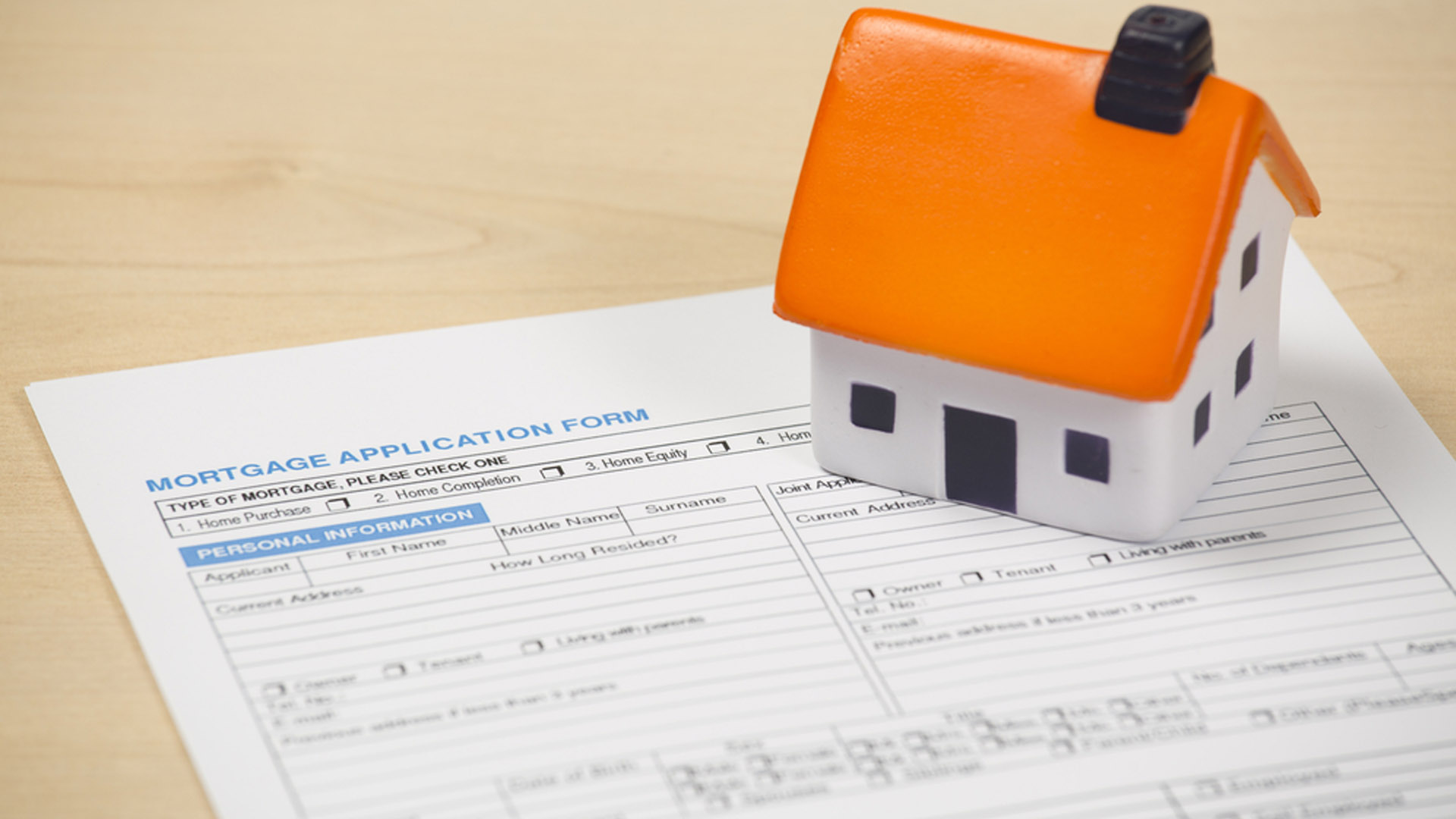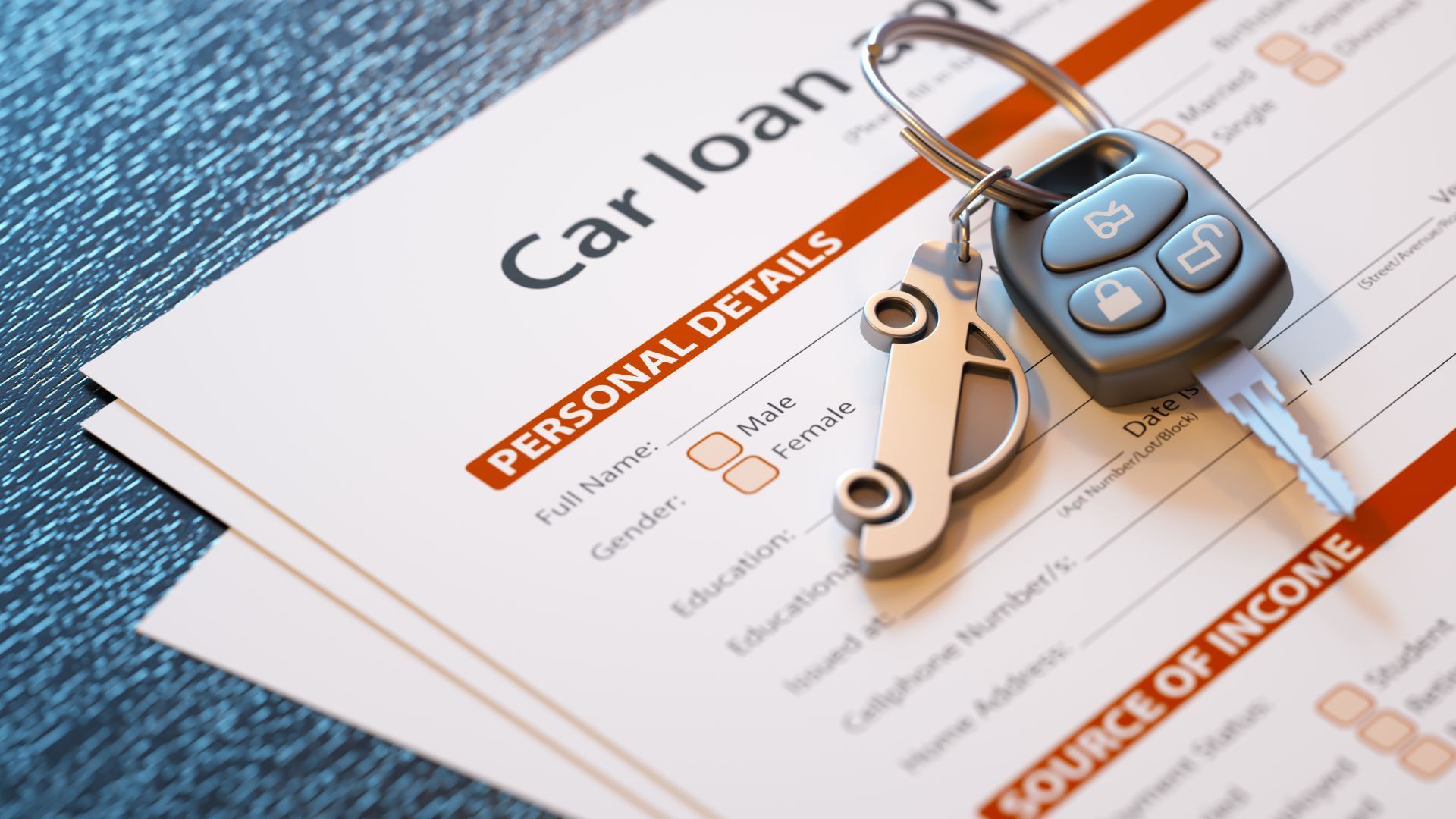Refinancing your mortgage can be a strategic financial move that saves you money, lowers your monthly payments, or helps you achieve other financial goals. However, it’s essential to evaluate your unique circumstances to determine if refinancing is the right choice for you. In this guide, we’ll explore the key factors to consider when deciding if you should refinance your mortgage.
Introduction: The Purpose of Mortgage Refinancing
Why People Consider Refinancing Mortgage refinancing is the process of replacing your current home loan with a new one, typically with more favorable terms. People consider refinancing for various reasons, including lowering their monthly payments, reducing the interest rate, or accessing home equity for other financial needs.
Potential Benefits of Refinancing Refinancing can offer several potential benefits, such as reducing the cost of homeownership, improving your financial position, and achieving specific financial goals. However, the decision to refinance should align with your unique circumstances and objectives.
Reviewing Your Current Mortgage
Current Interest Rate and Loan Terms Begin by reviewing your existing mortgage to understand the interest rate, loan term, and type of mortgage (e.g., fixed-rate or adjustable-rate). This information serves as a baseline for comparing potential refinancing options.
Remaining Loan Balance Determine the remaining balance on your current mortgage. This balance will be a key factor in calculating your new loan amount if you decide to refinance.
Monthly Mortgage Payments Examine your current monthly mortgage payments, including the principal and interest components, property taxes, and insurance. This will help you assess the impact of refinancing on your budget.
Understanding Types of Refinancing
Rate and Term Refinancing Rate and term refinancing involves replacing your existing mortgage with a new one that has more favorable terms, such as a lower interest rate or a shorter loan term. This type of refinancing aims to reduce your overall mortgage costs.
Cash-Out Refinancing Cash-out refinancing allows you to borrow more than your existing mortgage balance, effectively converting a portion of your home equity into cash. This option is suitable for homeowners who want to access funds for major expenses, such as home improvements or debt consolidation.
Determining Your Financial Goals
Lowering Monthly Payments If your primary goal is to reduce your monthly mortgage payments to improve cash flow, refinancing with a lower interest rate or extending the loan term may be a viable option.
Reducing the Interest Rate Refinancing to secure a lower interest rate can significantly reduce the total interest paid over the life of the loan, potentially saving you thousands of dollars.
Shortening the Loan Term Some homeowners aim to pay off their mortgage faster by refinancing to a shorter loan term, which may come with a lower interest rate and accelerated equity buildup.
Accessing Home Equity Cash-out refinancing can help you tap into your home’s equity for various purposes, such as home renovations, debt consolidation, or investments.
Evaluating Your Credit Score
The Impact of Credit Score on Refinancing Your credit score plays a crucial role in determining the interest rate and terms you qualify for when refinancing. A higher credit score often leads to more favorable offers.
Improving Your Credit Score If your credit score is less than ideal, consider taking steps to improve it before refinancing. This may involve paying down existing debts, addressing errors on your credit report, and maintaining good credit habits.
Estimating Refinancing Costs
Closing Costs Refinancing typically involves closing costs, which can include loan origination fees, appraisal fees, title insurance, and other charges. It’s essential to factor in these costs when assessing the financial benefits of refinancing.
Break-Even Point Calculate the break-even point to determine how long it will take to recoup the upfront costs of refinancing through reduced monthly payments or interest savings. This will help you decide if refinancing is financially advantageous in the long run.
Comparing Mortgage Offers
Getting Multiple Quotes To find the best refinancing option, obtain quotes from multiple lenders. Compare interest rates, loan terms, and closing costs to identify the most cost-effective offer.
Analyzing Offers and Rates Evaluate the offers carefully, considering both the immediate and long-term financial implications. Pay close attention to the interest rate, as even a slight difference can have a substantial impact on your overall savings.
Considering the Long-Term Plan
Future Financial Goals Think about your long-term financial goals and how refinancing aligns with them. Consider how your decision may impact your ability to achieve those goals.
Potential Relocation If you anticipate relocating in the near future, assess whether refinancing makes sense given your expected timeline. A shorter-term benefit may not justify the upfront costs if you plan to sell your home soon.
Consulting a Mortgage Professional
The Role of Mortgage Advisors Mortgage professionals, such as loan officers or mortgage brokers, can provide valuable insights and guidance throughout the refinancing process. They can help you explore options, assess eligibility, and navigate the complexities of mortgage refinancing.
Seeking Expert Guidance If you’re uncertain about the best course of action, consult with a mortgage advisor or financial planner. They can offer personalized advice based on your financial situation and goals.
Conclusion: Making an Informed Decision
Balancing Short-Term and Long-Term Benefits Ultimately, the decision to refinance your mortgage should align with your short-term and long-term financial objectives. Weigh the immediate savings or benefits against the upfront costs to make an informed choice.
Taking Action on Refinancing If refinancing aligns with your financial goals, creditworthiness, and budget, take action promptly. Completing the refinancing process can lead to improved financial stability, reduced mortgage expenses, and increased control over your financial future.
In conclusion, refinancing your mortgage is a significant financial decision that requires careful consideration. By evaluating your current mortgage, defining your financial goals, assessing your creditworthiness, and comparing offers, you can determine whether refinancing is a financially prudent choice that aligns with your overall financial plan.



























